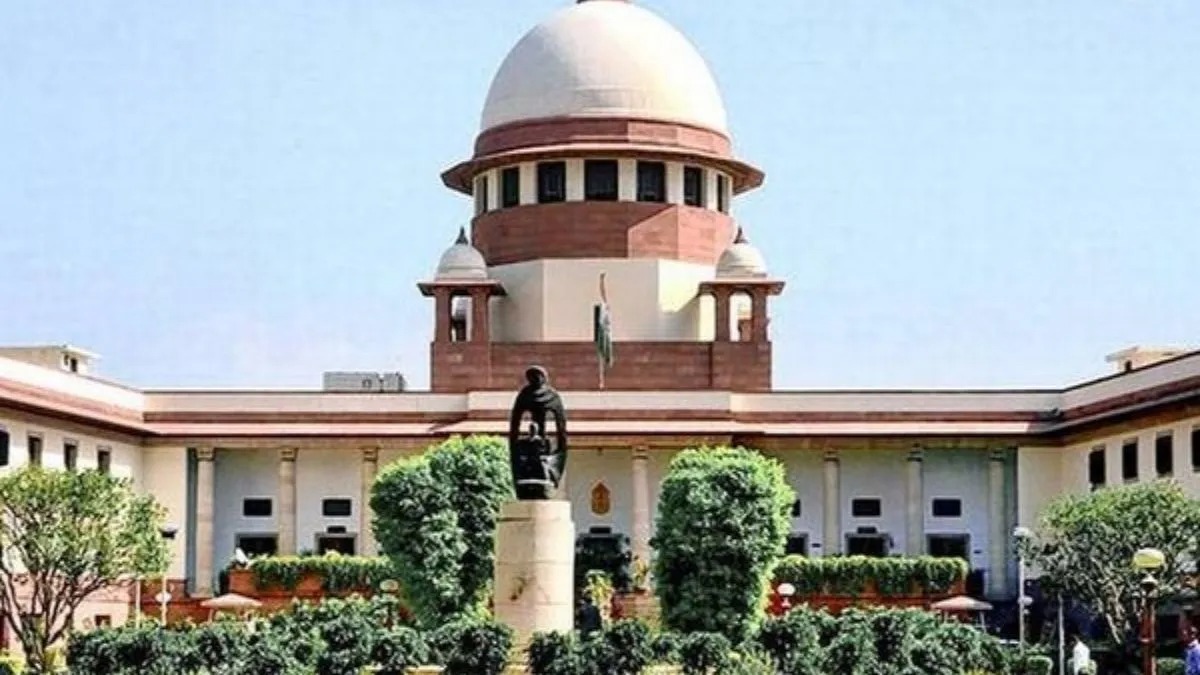
For the first time, the Supreme Court has directed the President to take a decision within three months on bills sent by governors. The apex court's decision came on Tuesday, overruling the Tamil Nadu governor's decision not to give assent to pending bills. The order was made public on Friday.
President does not have a "pocket veto": Court
Delivering the judgment in the Tamil Nadu case, a bench of Justices JB Pardiwala and R Mahadevan said that the discharge of functions by the President under Article 201 is amenable to judicial review. According to Article 201, when a bill is reserved by the governor, the President shall declare that he either gives his assent to the bill or withholds his assent. However, no time limit is provided in the Constitution. The Supreme Court underlined that the President does not have a "pocket veto" and has to either give assent or withhold it.
Powers must be exercised within the specified time
The court said that the position of law is that even where no time-limit has been prescribed for the exercise of a power under a statute, it must be exercised within a reasonable time. The exercise of powers by the President under Article 201 cannot be said to be exempt from this general principle of law.
The two-judge bench said that if there is a delay beyond a period of three months, proper reasons must be recorded and the concerned state must be informed about it. "We lay down that the President is required to take a decision within a period of three months from the date of receipt of the reference on Bills reserved for consideration by the Governor. The refusal of the President to grant assent is open to challenge," the apex court said.
States can go to court if action is not taken within the stipulated time limit
The court said that in case of no action within the time limit, the aggrieved states can approach the courts. If a bill is reserved due to questions of constitutional validity, the apex court underlined that the executive should not play the role of courts. It said that such questions should be referred to the Supreme Court under Article 143.
The court said this while hearing the petition of the DMK government
The Supreme Court said, "We have no hesitation in holding that the hands of the executive are tied while dealing with purely legal issues in a bill and only constitutional courts have the privilege to study and make recommendations regarding the constitutionality of a bill." The apex court's order came after it ruled that Tamil Nadu Governor RN Ravi had not given assent to 10 bills passed by the DMK government. The court set a deadline for governors to act on the bills, saying inaction could be subject to judicial review.
--Advertisement--

 Share
Share



